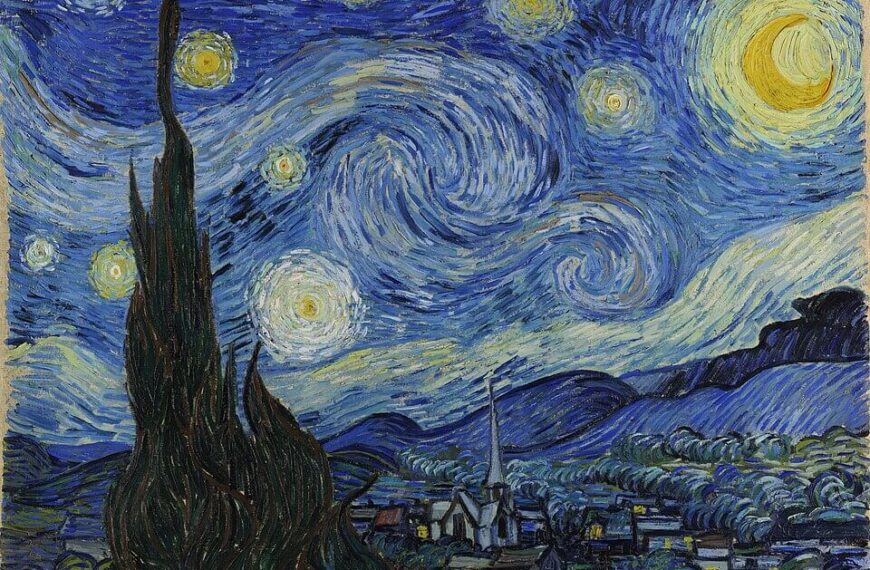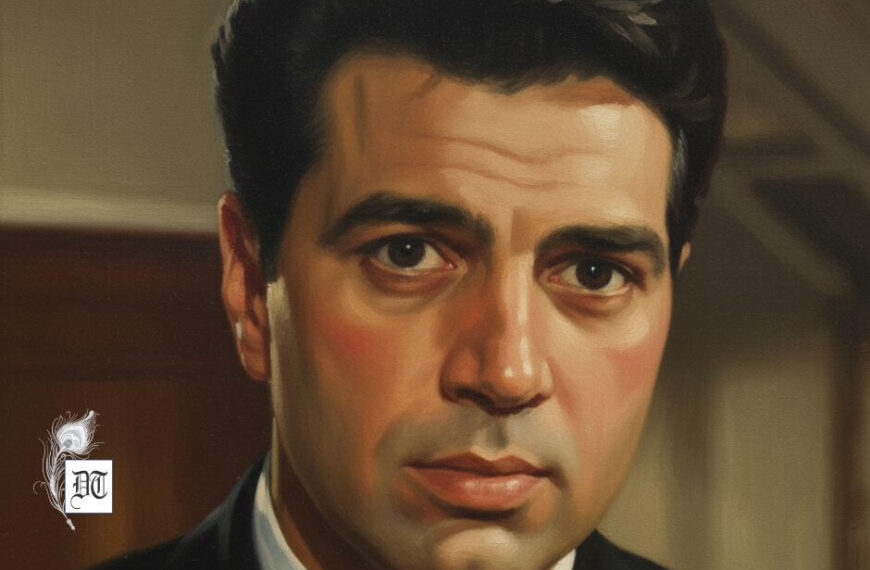Like elsewhere in South Asia, the transgender people in Pakistan, were discriminated against, before 2009. Despite education, Riffie Khan with a double Masters’ degree was unable to get meaningful employment. A recent fatwa (June 26) and before that a Supreme Court ruling in their favour, in 2009, and another decision, in 2012, granted them several rights. It’s worth noting that there are jail terms for homosexuals ranging from two years to life imprisonment. Pakistan-based Urooj examines this issue in an in-depth analytical report for the special issue of Different Truths on Human Rights and Legal Issues.
At least 50 clerics affiliated with a little known Tanzeem Ittehad-i- Ummat have issued a fatwa (religious decree) that marriage with a transgender person is lawful. The fatwa, released on Sunday, said a transgender person having “visible signs of being a male” may marry a woman or a transgender with “visible signs of being a female” and vice versa. But, the fatwa added, a transgender person carrying “visible signs of both genders” may not marry anyone. It declared that robbing transgender people of their share in inheritance was unlawful and that parents who deprive their transgender sons/daughters of inheritance were “inviting the wrath of God”. The clerics called upon the government to take action against such parents. The decree also dwelt upon societal attitudes towards transgender people. It went to the extent of terming haraam (sacrilegious) any act intended to “humiliate, insult or tease” them. The fatwa ended with a word on last rites, declaring that all funeral rituals for a transgender person will be the same as for any other Muslim man or woman. The clerics who issued the fatwa included Imran Hanfi, Pir Karamat Ali, Abu Bakr Awan, Masoodur Rehman, Tahir Tabassum Qadri, Khalil Yousafi, Gul Ateequi, Gulzar Naeemi, Intikhab Noori, Abdul Sattar Saeedi and Khizarul Islam. (Published in Dawn, June 27, 2016, dateline Lahore).
My car stopped at the traffic signal on a blazing afternoon of June. It was a hot humid day. Someone knocked on my car window and I knew who she was. I pulled down the glass of my window… “aayay hayye guriya kesi laal horai hay garmi se tu paani p ley ye le” ( O my dear just look at you, you have turned red because of heat…here have some water). This was Reema…a transgender, whom I regularly met at this signal near my house. She offered me water in a clean cup that she had and I took it from her and finished it in one gulp. I was very thirsty. So many eyes looked at me with thousands of questions. But, I smiled at her gave her some cash and in return she gave me those regular Duaas (blessings). “Sadaa suhagan reh meri guriya meri chaand khoob sukhi reh upar wala apni mehr kare hamesha tujh par.” (May you always remain a bright cheerful bride, my doll, my moon, may you always remain happy with God’s blessings). Well this was not specially for me. They always pray bless people who are kind to them. But, I know one thing that the glass of water was for me. Over the years Reema and I have developed this silent relation of mutual respect and care. Although I tried many times to talk to her or take a formal interview but she always skips it beautifully, “Arre raani fir kabhi” (Princess, some other time).
In Pakistan, homosexuality is illegal and punishable by a jail sentence ranging from two years to life imprisonment, transgender citizens have legally codified rights. In 2009, Pakistan’s Supreme Court ordered the issuing of “third gender” identity cards to the country’s self-identifying transgender, transsexual, and eunuch populations (known as khawaja sara), who number between 80,000 and 300,000. In 2012, the court ruled that the khawaja sara should have the same rights as other Pakistanis, including inheritance and job opportunities.
Transgender people were also the caretakers in Kaaba. During that time, they had authority and a high status in society. The key to the door of Kaaba is still with them. “Even the Saudis couldn’t eliminate this,” One transgender told me that they have special ritualistic roles at Sufi shrines. The first chaddar placed on Bari Imam’s* grave was by a transgender. But, they faced discrimination even at the shrines so much so that they had to abandon these places.
Transgender in Pakistan
Riffie Khan has a double Master’s degree from Shah Abdul University, in Shikarpur, in Economics and Political Science. However, despite her academic achievements, she has been unable to get meaningful employment. In 2003, Khan was forced to leave her job at the National Medical Centre, in Karachi, where she worked as front desk officer, because she did not fit in. Khan is one of the many transgender people in the country, who suffer in their professional and personal lives due to discrimination.
“It’s the educated people that upset me the most,” she says. “When they discriminate against people like me, it hurts even more.” Khan has been lucky to get a job in the Social Welfare Department. She works in Karachi with Bindiya Rana, the founder of the Gender Interactive Alliance (GIA) — an organisation working for the equality and civil rights of transgender people in Pakistan — and runs a small home-based clothing business.
“I have been denied all the opportunities I deserved even though I have the required level of education,” Khan claims. “I have a double Masters, yet I am only paid Rs15,000/- per month and I have been forced to leave every job I have ever had.”
Many members of Pakistan’s transgender community have studied upto the Intermediate level. Others have received vocational training as beauticians or cooks. However, employment still remains uncertain.
“People need to understand that your clothes and your gender orientation don’t make you forget or lose your skills and abilities,” says Bindiya Rana. The insecurity of being unemployed means that many members of the community plan ahead, particularly during months such as Ramazan when prices are hiked. For instance, Rana explains that many transgender persons give up sex work and dancing during the month of Ramazan but work overtime the month before so they are able to survive the month of fasting. “It is hard to make ends meet lawfully especially when we are underemployed and unemployed,” she says. (Source, The Express Tribune, Sunday Magazine, August 30, 2015. Writer: Zainab Sadia Saeed)
For centuries hijras in South Asian society have been both respected and exploited. Their blessings on for a newborn child is regarded as propitious, while the curses of hijras are to be avoided. In cities, they are often found at traffic signals, dancing and demanding money from motorists. But their work as entertainers, wedding dancers and beggars often transmutes into prostitution.

“Begging and sex work is not an honourable job,” says Nirma, a thickset 30-year- old, wearing heavy eye makeup and a green sari. But she claims to earn up to £20 a customer and is not impressed by the tax collectors’ £90 a month salary. Others say the government should find them jobs, like singing on television shows. “Times are tough,” Nirma concedes. Another group of hijras has been encroaching on her patch, she says, and customers are turning to the growing number of female prostitutes in Karachi.
Although some claim to be born into the third sex, most hijras are either cross-dressers or pay up to £400 to be surgically castrated. Also, there are surgeons prepared to take the risk performing the unlawful operations for breast implants costing up to £630.
Full sex-change procedures may be illegally obtained but, according to one transgender, these are very risky in Pakistan. Transgender individuals usually live in groups with their ‘gurus’, men who are part protectors, part business managers – many would say pimps. Harassment, rape and violence is a problem. A 2009 incident in which a group of wedding dancers were raped by the police prompted the Supreme Court to try and improve their lot, giving transgender people the right to vote and recognition as a separate gender on ID cards.
Like many other interest groups in Pakistan, the transgender community find much to disagree on. At least two rival groups claim to speak on transgender issues, the All Pakistan Eunuch’s Association and the Shemale Foundation of Pakistan. The latter is especially active and has called for reserved parliamentary seats for transgendered people.
Almas Bobby, an outspoken leader of the transgender community and the President of the Pakistan She-male Society proudly declares, “Because of the monumental Supreme Court decision, we are now protected by law and the police. Before this decision, it was impossible for us to hold birthday parties and other social events. Even if we organised a function in hiding, they would beat us and loot us. You couldn’t even imagine our plight them. And now you see, the police is outside, protecting us.”

It is time we start treating transgender individuals as equal and respected citizens of Pakistan and stop viewing them as objects of mockery and ridicule. Supreme Court advocate Dr. Aslam Khaki believes that’s the only way transgender people may truly be brought into the mainstream society. It is by engaging with them beyond their work as beggars on the streets. “We should have social activities where we get to know transgender individuals over a cup of tea or in a cricket match. It’s not enough to just pity them. We should get to know them as fellow human beings.”
©Urooj Murtaza
Pic sourced from Net by author.
*Bari Imam (1617–1705), or Shah Abdul Latif Kazmi, is the patron saint of Islamabad and the greater Pothohar region.




 By
By
 By
By
 By
By